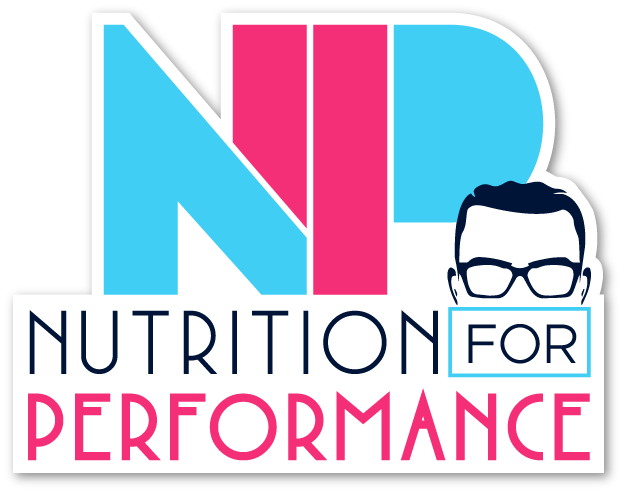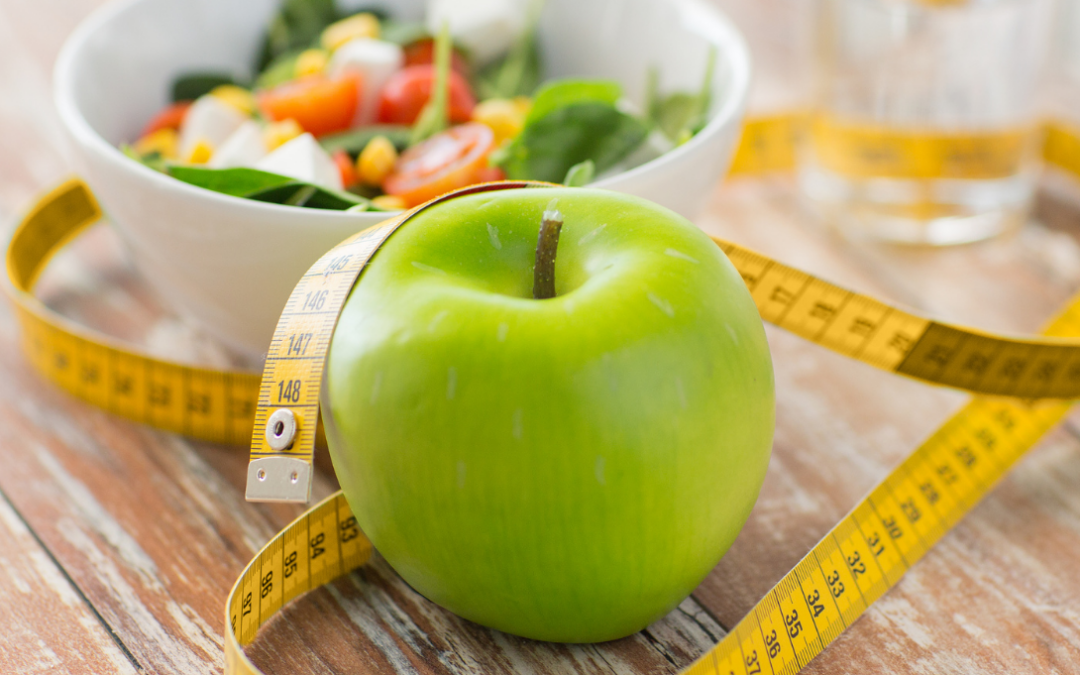When it comes to nutrition, many of us actually believe a ton of myths that couldn’t be further from the truth. If you’re burnt out on fad diets, lost your faith in influencers, and tired of hitting the gym daily, only to never see results… the first step is to demystify the lies the health and fitness industry has taught you.
The most common misbelief I hear from people is, “I barely eat, so why am I still not losing weight?” Truth is, most people aren’t eating enough. When we put our body into a constant state of deprivation, it’s depleted. In turn, when we do eat, our bodies cling to fats and sugars to store for energy because it doesn’t know where its next meal might come from.
That’s why you always gain weight back after diets like Keto—it isn’t sustainable. Odds are, your body is deprived of the nutrition it needs, and as a result, you can’t lose weight. The easiest fix to this problem is to speed up your metabolism. This could mean you find ways to integrate more food into your day, you integrate more protein into your meals, or you increase your physical activity.
However, this isn’t the only myth that needs to get debunked. Below I’m sharing the top four mistakes people make with their nutrition due to misinformation and what you can do to radically improve your diet.
1. “Stay Away From Fats and Carbs”
People also commonly claim that carbs and fats “aren’t good for you.” This couldn’t be further from the truth. Like anything else, it’s all about balance. Carbs are a necessary component to your energy; they fuel your heart, brain, kidney, and central nervous system.
On the other hand, healthy fats are great for your skin, crucial to balancing your cholesterol, great for fighting fatigue, and helpful for managing your weight and your mood. Completely avoiding these food categories can drastically impact your weight, energy, and emotions. Integrating healthy fats and a moderate amount of carbs into your diet will help you see results.
2. “I Just Don’t Really Like the Taste of Water”
Most of us know the importance of drinking enough water… but few actually drink enough. Whether that’s because you “don’t like it” or you’re just “too busy,” this is probably having a major impact on your fitness goals. Water is the central source of most of how your body functions.
Water carries nutrients and oxygen to your cells, aids digestion, and flushes all of the bad bacteria out of your system. Often when we think we’re “hungry,” our body is actually dehydrated. So next time you reach for another bag of chips or a second serving of dinner, drink a glass of water first. If you’re still hungry, then you’re actually experiencing hunger. If not, your body was just dehydrated.
3. “I Only Eat Vegetables”
It is possible to ingest enough protein on a vegan or vegetarian diet, but it can be super tricky. What works for one person may work differently for you. Protein is a necessary source of nutrition for everyone. However, most people don’t consume the correct amount of protein for their goals or needs.
Like everything else, this can result in unwanted weight or poor health. Studies show that plant protein is the most beneficial source of protein, but it requires bigger portions than implementing animal products. The biggest myth surrounding protein is that a high-protein diet is the most beneficial for weight loss and athletic performance, but research shows that a diet of high-carbohydrates, low fats, and adequate protein is the most beneficial.
4. “I Skipped Breakfast, I’m Fasting”
Despite what your favorite Instagram influencer is telling you, fasting is not the trick to weight loss. While it will promote some fluctuation in weight, it isn’t sustainable long-term. Most people who intermittent fast gain all the weight back immediately after going back to their regular diet. Why? Because they didn’t actually change anything.
The healthiest and most sustainable way to lose weight is to eat a well-balanced diet. Fasting for long periods of time can have a negative impact on your mood, energy, vitamin intake, and overall nutrients. If done properly, paired with the right foods and followed by a healthier diet, it can sometimes help people who are trying to lose large amounts of weight quickly. However, it isn’t always the healthiest option.
If you’re looking for a solution to lose weight quickly without staying active or eating healthy, you’ll never find one. Time and time again, eating healthy and working out have proven to be the most substantial ways to regulate weight, mood, and physical goals.
If you’ve tried it all and you don’t know what to do next, taking an honest look at your eating habits might reflect some of these biases I shared. If you’ve made the necessary adjustments but still can’t seem to get it right, you might consider consulting a professional.
If you’re looking for an expert to assess your goals and nutrition needs, you can contact me here to apply for coaching.



